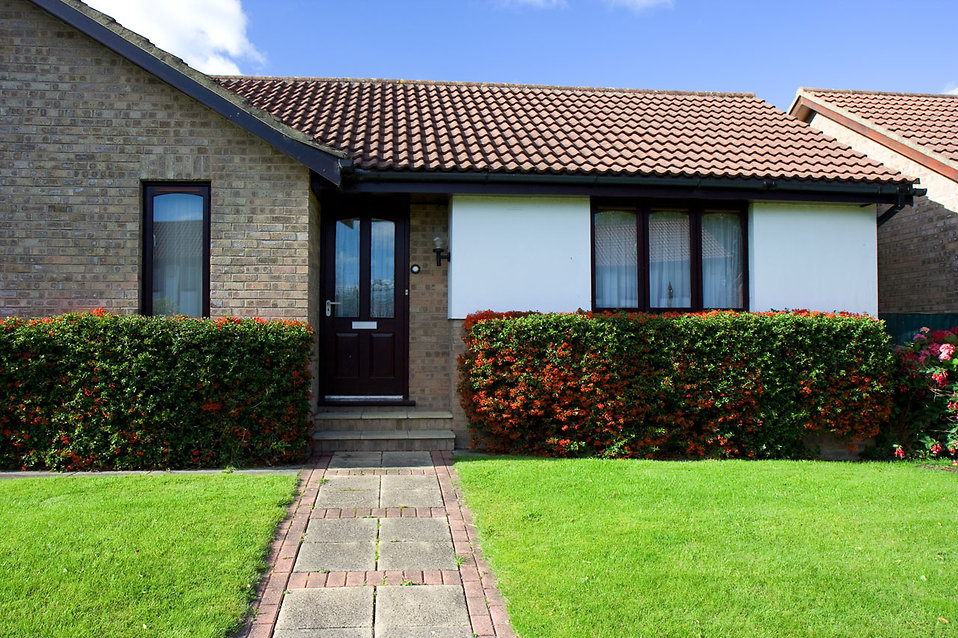In the 1970s, the typical homeowner rented for two years before buying a house, but today’s homebuyers rent for an average of six years before they’re willing to make the jump. This is because millennial consumers want to make sure they’re financially stable before they decide to take on a mortgage. This time spent before buying a home lets renters pay off their student loans, decide where they want to live, and build their credit history. If you’re ready to take the leap, follow these steps to make sure your finances are in order.
Build Up Your Credit Score
While most people think you need a credit score of about 800 to receive the best offers when taking out a loan, you really just need a FICO score of 760 or above. Every company has their cutoffs for what credit ranges they consider good, average, and poor. For example, one bank might set the good range between 700 and 760, so if you’re at 695, you could pay higher interest rates. If you want to buy a house, consolidate or pay off your debt and reduce the negative marks that you incur to bring your number into the 700s.
Don’t Buy Unless You Have a Steady Source of Income
If you’re planning to change jobs in the next year or don’t know where you will be working over the next six months, it’s not the time to buy. The worst thing you can do is buy a house and then quit your job, or end your contract. Not only will this put a significant financial strain on your household, but it will also increase your stress levels. Financial stress is directly correlated to health problems, which can lead to more debt through medical bills. Wait until you have a steady job with excellent security before signing a deed.
Create a Realistic Budget
When gas prices fall, more people buy SUVs because they’re suddenly more affordable. However, economists recommend making sure you could still afford the cost of fuel if gas prices double before you buy a larger vehicle. Using similar logic, you can make sure you’re budgeting correctly for your mortgage.
Set a monthly budget for your house payment, then factor in at last 5 percent for your savings and at least 10 percent for home maintenance. Most months, you won’t use your “home maintenance fee,” but will keep it in your savings in case of emergency. This way, if there’s a major problem like a hole in the roof, or if you want to renovate the kitchen, you’ll have money set aside to pay for it. Before you set your budget, you also want to set aside funds for home and disaster insurance.
Whether you’re looking for a new home in Houston, Texas or trying to buy a fixer-upper, make sure you have enough money saved to survive unexpected costs. As long as you follow these three steps, you’ll put yourself in an excellent position to buy a home.











Comments are closed.